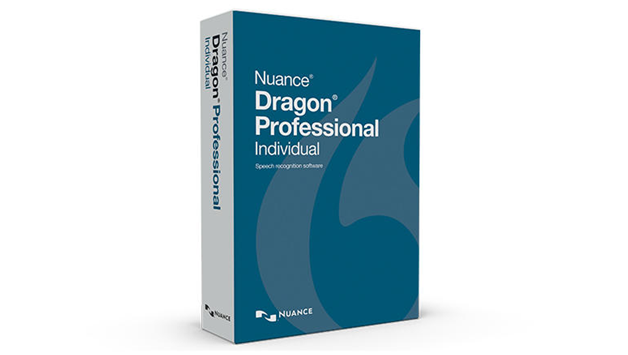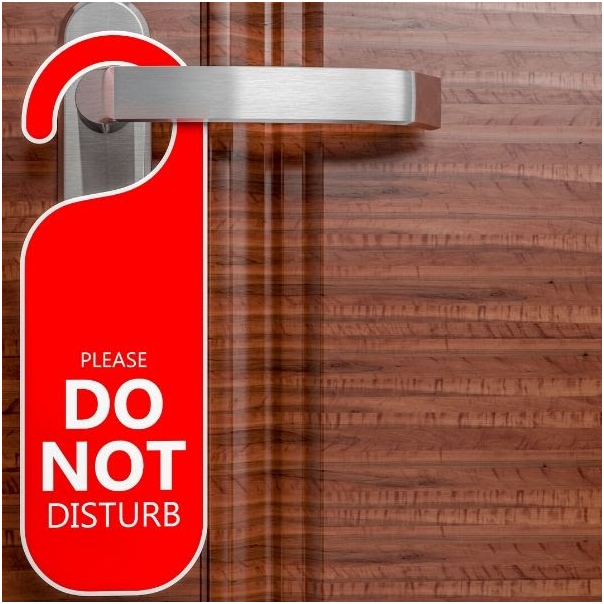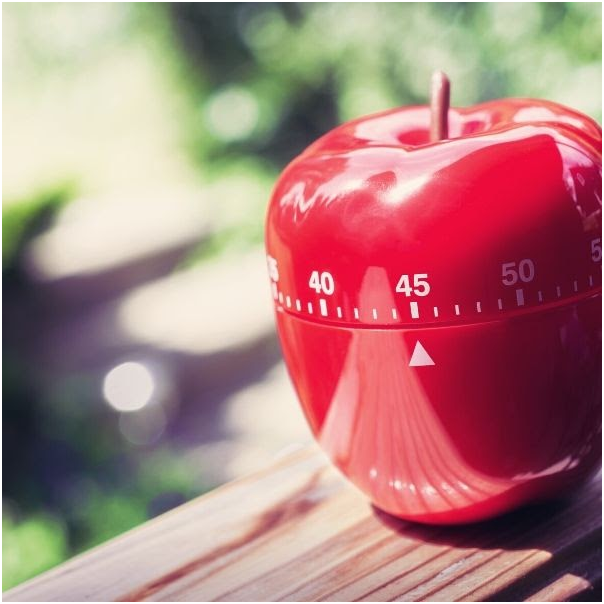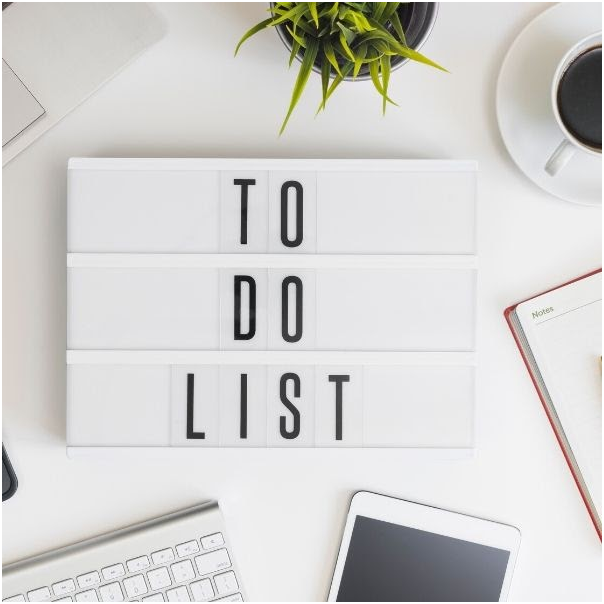Writing isn’t easy, and it’s not made any easier by outside distractions, whether it’s your family coming for a visit, a pandemic, or a deadline that’s putting a little too much pressure on you.
That’s why it’s essential to have a plan for getting and staying productive. In this article, we’ll take a look at 7 productivity hacks for authors and how they can use them to get the most out of their writing time, whether that’s to write fast or to improve your writing.
Table of Contents
Hack 1: Learn to Type
This might seem like a no-brainer, but the truth is, most authors who want to be more productive need to learn to write faster. You might be welling up with ideas or know what you want to happen in a given scene, but you just can’t get it down fast enough. That’s a problem — particularly on days when you don’t have much time to write.
The quicker you get those scenes down, the quicker you’ll finish the book and the more time you’ll have for revision. Or to start planning the next book in your series.
Here are a few great online resources that will teach you to type faster:
- Keybr.com. Learn how to type faster and practice online. With this tool, you can see your life words per minute count, how many errors you’re making and how much you’re improving.
- Typing Club. You can learn touch typing for free using this website.
I’m not ashamed to admit I spent too much time practicing with these while writing this article.
Hack 2: Dictate

When typing quickly is out of the question, you can always dictate. This is one of my favorite hacks because, not only is it a quick way to get words down and will increase your productivity, but it changes where you can write.
Instead of being stuck at your desk, you can dictate on a walk, in a different part of the house, or outside in your yard. You’ll also find that dictating will make you a stronger writer–you’ll spend time editing your words afterward once you’ve transferred them to your word processor.
While that might seem counterintuitive, you’ll wind up getting a cleaner draft out of the process and getting more done, especially if you’re inspired to talk it out instead of type it out each day.
There are some great dictation tools out there that make it easy to record and transcribe your work.
Hack 3: Draw Up a Daily Routine
The third hack on this list is one of the most important. If you want to be productive–and this applies outside of writing too–getting into a daily routine will help. It’s important to go with what feels natural to you, though.
If you’re a night owl, don’t set an unrealistic goal for yourself and pencil in morning writing time before your day job (if you have one). If you’re into early mornings, don’t leave everything for after you’ve spent the evening making dinner for the family or draining your batteries.
Empower yourself to put your writing first and draw up a schedule of what you want to get done both in a day and in your week. Then stick to it!
Sarra Cannon has a great YouTube channel centered around planning for authors. Her video on using a Kanban board is a must-watch.
Hack 4: Set Aside a ‘Blackout Block’

Now, I’ve already said that putting together a routine is one of our hacks and that includes setting aside time to write. This hack is about taking that block of time and creating a ‘blackout block.’
Your blackout block is when you literally lock yourself away, switch off your phone, put earphones in and focus on writing and nothing else. It means shutting people out and understanding that your writing time is important.
A few things you can do to set the mood for your blackout block:
- Create a blackout music list on spotify. This one’s pretty cool.
- Invest in a tablet and a keyboard. I’ve found they’re more distraction free than writing on a computer.
- Lock your door!
- Put up a ‘Do Not Disturb’ sign.
Hack 5: Use Phone and Web Blocking apps
Another method for creating blackout time is so important, it deserves a hack of its own. There’s nothing more distracting than social media. I know I’m guilty of scrolling through my Facebook feed in the mornings when I should be writing.
Thankfully, there are plenty of apps, both for your phone and for your computer that will help you block distracting apps during your blackout time.
Here are a few of them:
- FocusTime. You can use this app to block websites on your computer and unblock them when you need to. It has a 14-day free trial and it’s sister app, RescueTime, is pretty cool for measuring time as well.
- Moment. With this app, you can measure how much screen time you’re spending on your phone or devices and retrain yourself to spend less.
- Freedom. This is another great app that blocks distracting apps and websites. You can choose how long you want to block sites for too, so you can work in chunks of distraction-free time.
Hack 6: Use The Pomodoro Technique

This is a great technique for getting more done, quickly. The Pomodoro Technique was created by Frances Cirillo and focuses on breaking up work time into manageable chunks. You can easily adapt it for your writing.
During your blackout time, you can:
- Set a time for 25 minutes or 15 minutes. Work on your book for the full time without stopping.
- When the timer goes off, take a 5 minute break and record how many words you got done.
- During your next section of time, see if you can beat your word count score.
- After about 3 or 4 blocks, take a longer break of 30 minutes, then go back for another chunk of work.
With the Pomodoro Technique, you’ll find you work faster and better because you’re super focused on getting your work done, rather than forcing yourself to sit still for hours at a time.
Hack 7: Exercise
This is a pretty basic hack but one you may not have considered before. If you’re a writer, chances are you’re often stuck in front of the computer–but that’s pretty unhealthy. In fact, studies show that office workers are more productive when working at treadmill desks.
Now, you might not be able to afford a treadmill desk, but working in walking to your daily routine will help you get exercise and get away from the screen–helping you prevent eye strain.
You don’t have to be tied to your desk to be productive. Taking advantage of the time you do have will make you more productive, and stretching your legs during the day will make you healthier, happier, and get your creative juices flowing too.
Final Thoughts
Kick it into high gear with these productivity hacks. If you focus, you’ll succeed. And that means getting more done during the times you’ve set aside. Writing doesn’t have to be an arduous task that takes hours and hours in front of a screen. Block your time, have fun, get out there, and exercise.
Cheers!


